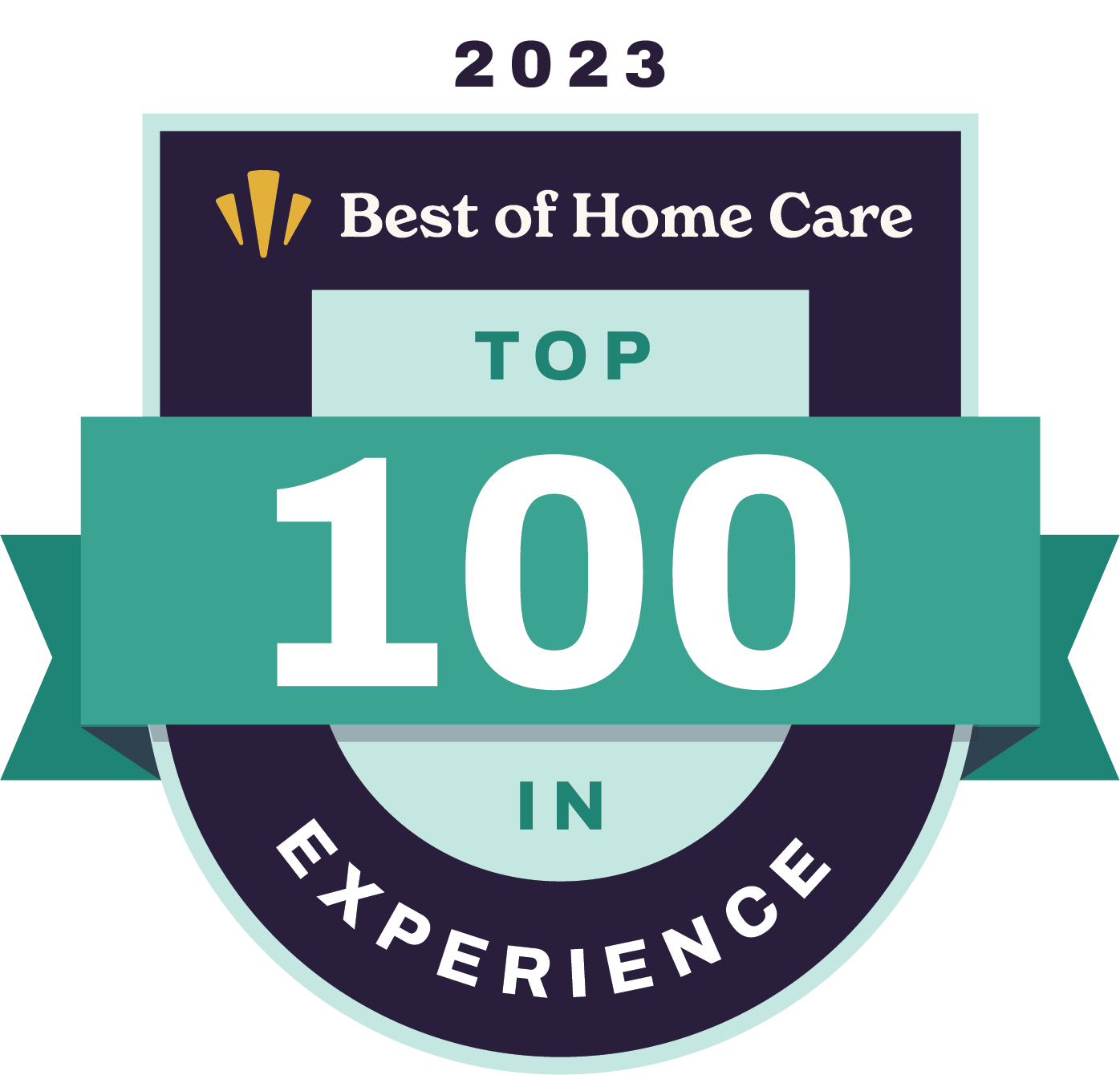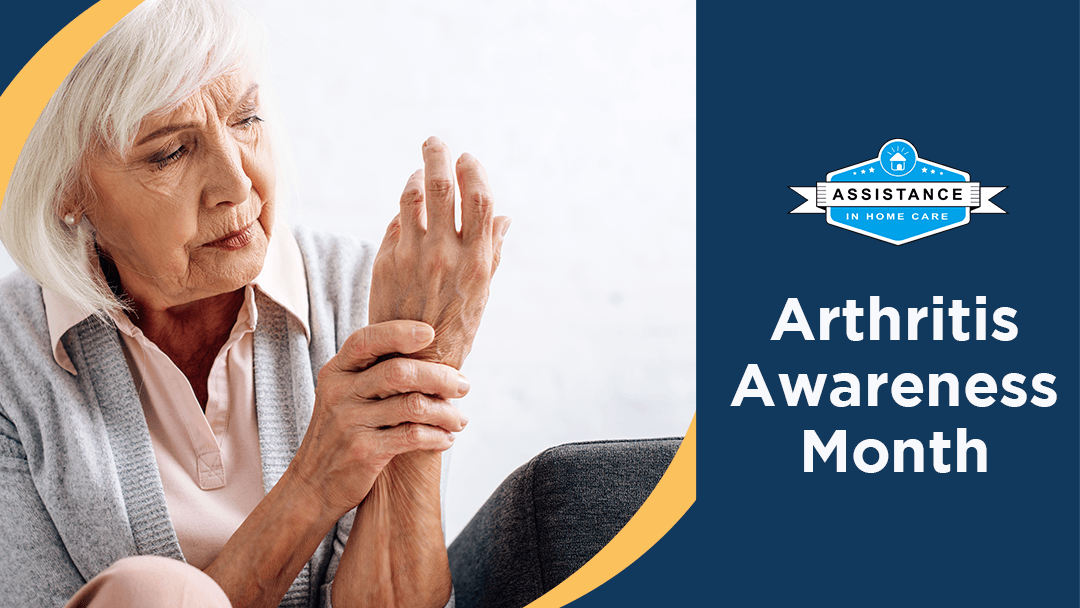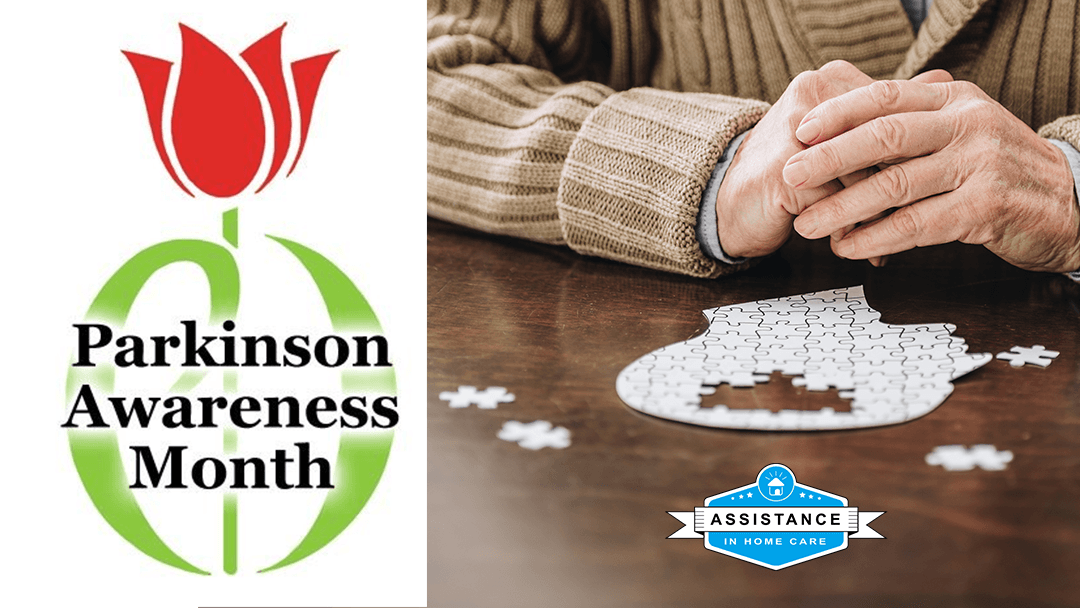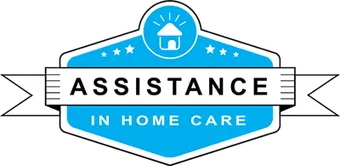National Pancreatic Cancer Awareness
Examining the Disease and Bringing Awareness to Their Symptoms and Treatments

National Pancreatic Cancer Awareness
November is National Pancreatic Cancer Awareness Month. This disease is the third leading cause of death from cancer in the United States and the fourth leading cause of cancer death worldwide. Despite these grim statistics, there is still much unknown about pancreatic cancer. In this article, we will talk about what pancreatic cancer is, its symptoms, risk factors, and treatment options.
What is Pancreatic Cancer?
Pancreatic cancer is a type of cancer that starts in the pancreas. The pancreas is a pear-shaped gland that is about 6 inches long and is located behind the stomach in the upper abdomen. The pancreas has two main functions: to produce digestive juices that help break down food and to release hormones, such as insulin, into the bloodstream that help control blood sugar levels. Pancreatic cancer usually starts in the cells that line the ducts of the pancreas. These cells are called exocrine cells. Less often, pancreatic cancer can start in the hormone-producing cells of the pancreas (islet cells).
What Are the Symptoms and Treatment?
Symptoms of pancreatic cancer are often vague and non-specific. They may include abdominal pain, back pain, weight loss, jaundice (yellowing of the skin and whites of the eyes), loss of appetite, nausea, and changes in stool. Pancreatic cancer often spreads quickly to nearby organs and tissues. It can also spread to other parts of the body through the bloodstream or lymphatic system.
There are several risk factors for pancreatic cancer, including smoking, family history, age and race/ethnicity. There is no sure way to prevent pancreatic cancer but quitting smoking and maintaining a healthy weight may help reduce your risk.
If you are diagnosed with pancreatic cancer, treatment options will depend on several factors including the stage of your cancer (how far it has spread), your overall health, and your preferences. Treatment options for pancreatic cancer may include surgery (Whipple procedure or distal pancreatectomy), radiation therapy (external beam radiation therapy or internal radiation therapy), chemotherapy (gemcitabine or nab-paclitaxel), targeted therapy (erlotinib), or clinical trials.
Risk Factors for Pancreatic Cancer
There are several factors that may increase your risk of developing pancreatic cancer, including:
- Age: The majority of people diagnosed with pancreatic cancer are over the age of 65.
- Gender: Men are slightly more likely than women to develop pancreatic cancer.
- Smoking: Cigarette smoking is linked with a 20-30% increased risk of developing pancreatic cancer.
- Obesity: Being obese or overweight may increase your risk of developing pancreatic cancer by 50%.
- Family history: If you have a family member who has been diagnosed with pancreatic cancer, you may have an increased risk.
- Diabetes: People with diabetes have a slightly increased risk of developing pancreatic cancer.
- Chronic inflammation of the pancreas: This condition is called pancreatitis, and it may slightly increase your risk of developing pancreatic cancer.
- Exposure to certain chemicals: Workers who are exposed to certain chemicals, such as pesticides and dry cleaning fluids, have an increased risk of developing pancreatic cancer.
- African American race: African Americans have a higher incidence of pancreatic cancer than any other racial group.
-Jewish heritage: People of Ashkenazi Jewish descent have a higher incidence of inherited gene mutations that can increase the risk of developing pancreatic cancer.
Daily Life with Pancreatic Cancer
Pancreatic cancer is a serious disease that is currently the third leading cause of death from cancer in the United States. November is National Pancreatic Cancer Awareness Month so it is a good time to learn more about this disease. If you have any symptoms that could be associated with pancreatic cancer, be sure to see your doctor so they can rule out other causes or start you on treatment if necessary. There are several treatment options available for pancreatic cancer but early detection is key to increasing survival rates. You can learn more about pancreatic cancer by talking to your doctor or visiting www.pancan.org.
Resources
https://pancreatic.org/november/
https://www.aacr.org/patients-caregivers/awareness-months/pancreatic-cancer-awareness-month/







BROWSE OUR SITE
CONTACT INFORMATION
Phone:
(844) 490-9755
(310) 698-8751
Email:
info@assistanceihc.com
Address:
12832 Valley View St, Suite 211 Garden Grove, CA 92845
2447 Pacific Coast Highway, 2nd Floor
Hermosa Beach, CA 90254



